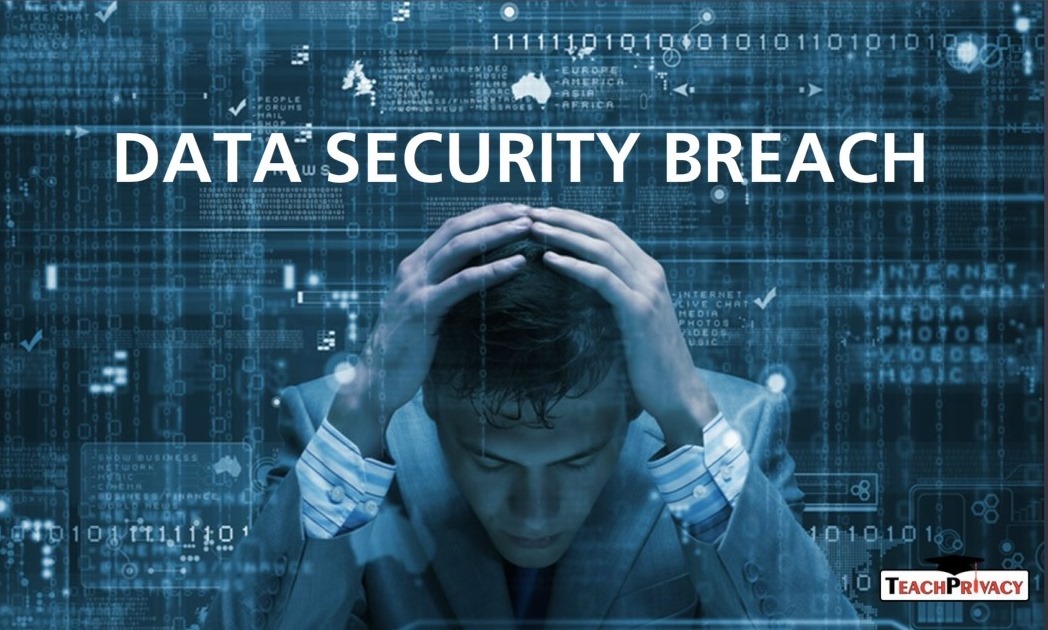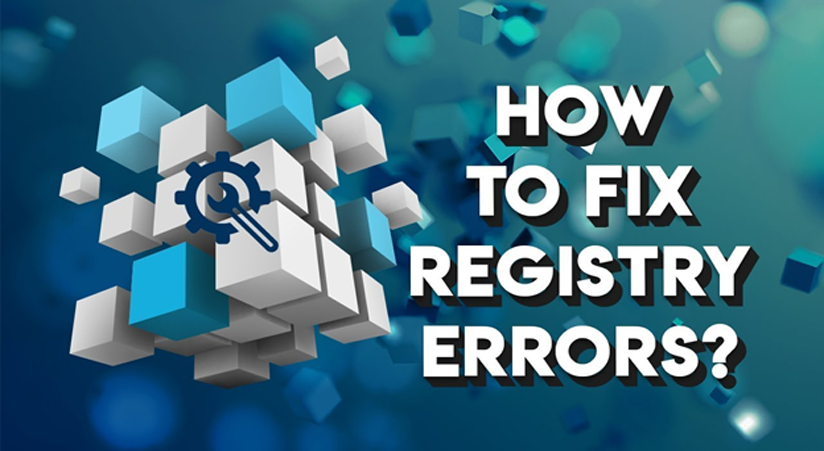There’s an epidemic that’s slowly creeping across the Internet, and it’s impacting companies everywhere. It’s called a “data breach,” and even with appropriate precautions, nobody is safe from its harmful effects. Just think about companies like Target, Equifax, Yahoo and many others who succumbed to the epidemic, and had data stolen that ended up costing those companies millions upon millions of dollars. The good news is that it’s not hopeless, as pervasive as the data breaches are. Due diligence and smart cybersecurity strategies can help mitigate the amount of and severity of data breaches, but everyone has to be on board if we’re all to survive the onslaught. This article will discuss No One is Safe from the Data Breach Epidemic.
A Look at How Breaches Happen- Data Breach Epidemic
It’s not always a malicious outside hacker who causes the data breach. Often, it’s an employee who is on a colleague’s computer and looking at files he or she shouldn’t have access to. Once that happens, that data is breached. It may have been an accident, but it’s still a serious situation.
Another way is when someone on the inside attempts to steal information and data from a company or another individual. They may have access to the data, but they plan on using it for personal gain in a criminal way.
Or, perhaps someone lost a laptop or had it stolen, and the data wasn’t encrypted or there wasn’t a lock on the hard drive. Everything on that device is now breached. To prevent this – always encrypt your data, and always have a PIN or password to protect your data.
Sometimes, a cybercriminal studies employees and checks to see who opens phishing emails. Once they identify the person, they begin sending emails or call the employee soliciting information or offering free downloads that the employee has opened in the past. Bingo! They’re in, and can easily steal data. The best way to prevent this theft – verify whom you’re corresponding with! You can use an online tool like Nuwber to verify the identity of the person who wants to correspond with you. They provide quality information by having access to millions of phone numbers, addresses and other data, and will provide the real identity of who is contacting you.
Individuals at Risk as Well- Data Breach Epidemic
It’s not only companies that are susceptible to data breaches. Individuals fall victim and have their data stolen as well. If you store sensitive information on your computer and other devices, cybercriminals can find ways to gain access to your financial or personal data and use it as they wish.
To combat this theft, use really strong passwords. Make sure they’re at least 10 characters long, with upper and lowercase characters, numbers and symbols. Always use a separate password for each online account and activity. To help you manage that many passwords, use tools like Dashlane, LastPass and Keeper.
Another strategy is to always use HTTPS whenever you can. Hackers are always looking to steal data as you transfer over the Internet, like credit card info when you’re doing online shopping. That’s why you should use HTTPS encryption. It’s a secure way of transmitting information, making it next to impossible for a hacker to see or steal your data. Always look at the URL bar on a browser; on the far left it should start with, “HTTPS.” If it does, your data is secure.
Finally, avoid falling victim to phishing scams. There is no magic formula to avoid these scams, but cyber crooks will offer you links and free downloads that look or sound attractive and once you click, they’ve got you. Stay on guard! Never click on a link or download from a source you’re not familiar with. If you get an email that’s unsolicited, look up who is sending it to you using an online tool like Nuwber to verify their true identity.
Often they embed ransomware or other malware in their downloads, and if your computer gets infected, it’s hard to remove. If it’s ransomware, they could lock your computer and not give it back to you until and unless you pay a ransom – often in the tens of thousands of dollars.
Here’s something else you can do: enforce BYOD security policies. That stands for “bring your own device” – and it means companies should not allow employees to bring their own laptop or other computing devices into the workplace, as that is where many cyber thieves gain access to the mainframe.
There are times when cybercriminals can breach your data regardless of the steps you take to prevent it. For example, if they are able to steal employees login information at a company where they work, they can gain access to sensitive data.
What to do if you Were Breached
If your financial or sensitive personal data was breached, like a credit card number while shopping, get in touch with your financial institution immediately. Let them know the transactions are not being made by you, and that you need to find a way to prevent any new charges from being made. You should also contact the 3 major credit bureaus, Equifax, Experian and TransUnion to put a fraud alert on your credit account. This will help protect you from future charges.
To check to see if you have an account that has been compromised or breached, you can visit a website called, “Have I been pwned?” which will look up your email address and report whether or not there is a breach related to your account.




